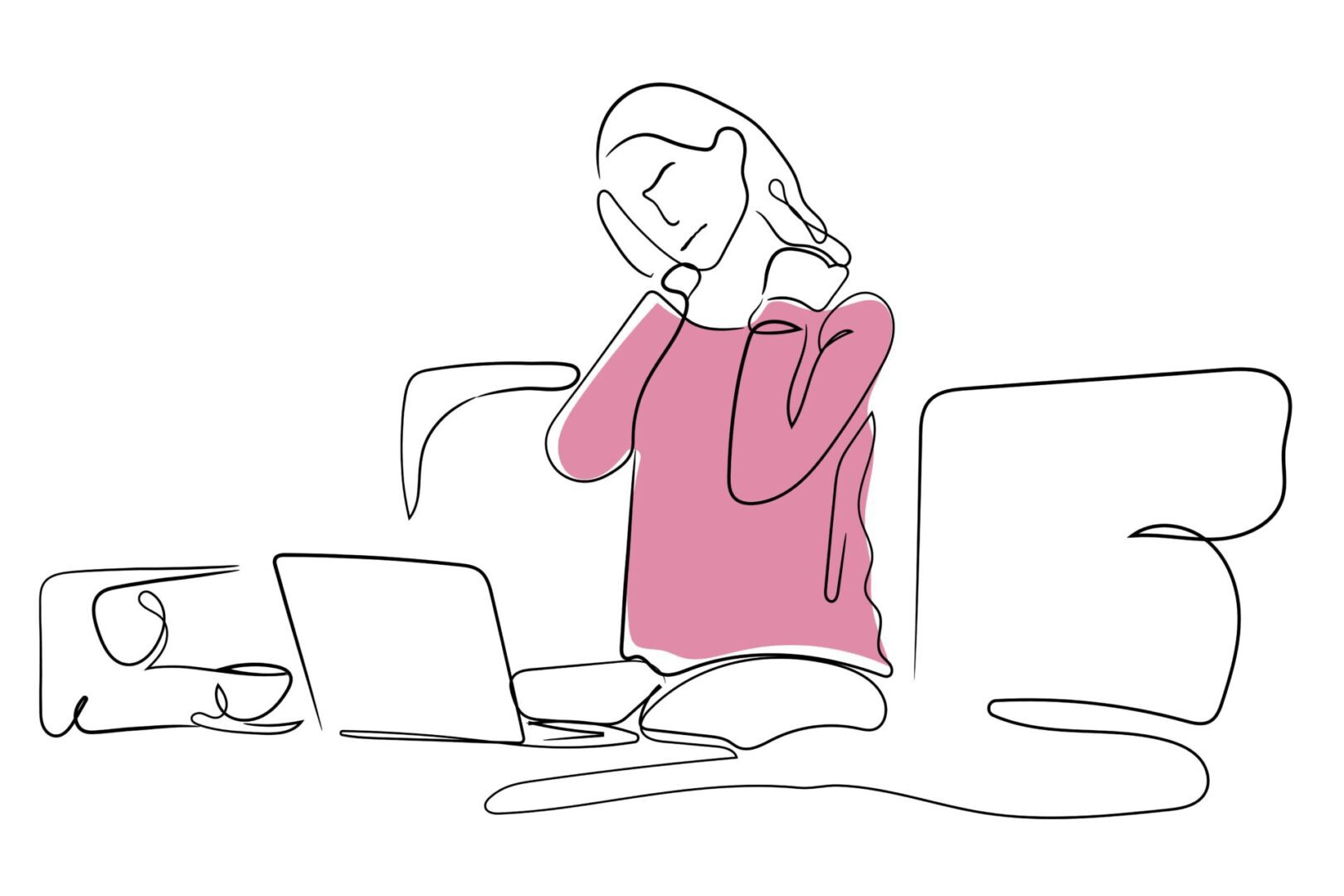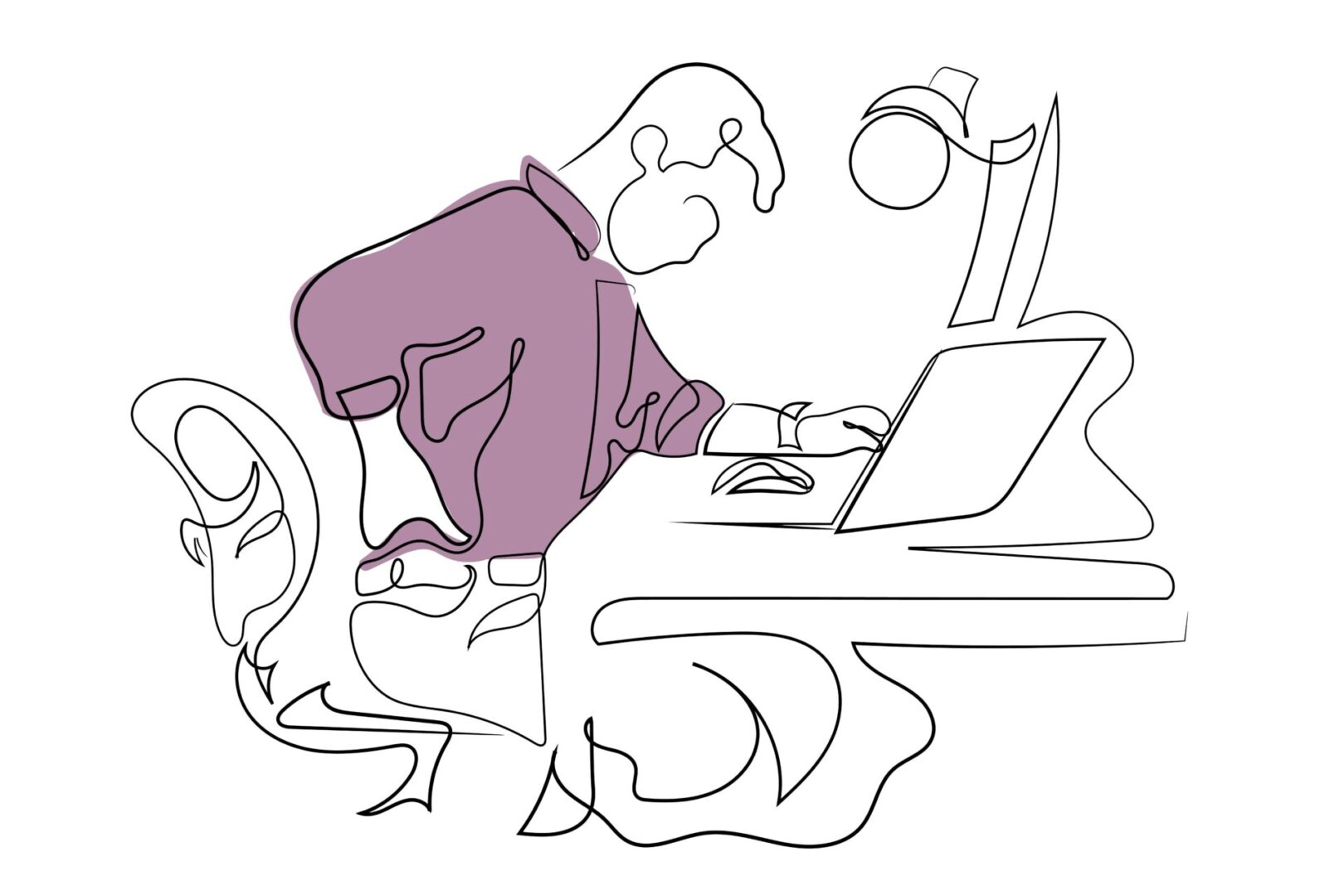Search by Color or Cause
Meaning
What is Spoon Theory? "Spoonie" is a noun, and people with chronic illness use it. According to the University of Massachusetts, some 96% of chronic medical conditions can be considered "invisible illnesses." This is the link between Spoon Theory, chronic pain, and invisible illnesses.
An Explanation of Spoon Theory
Spoon Theory was created by a blogger, Chrisinte Miserandino, who suffers from lupus. One big component of lupus is fatigue. For this reason, Miserandino used spoons to represent units of energy. This is the energy we expend throughout the day doing the simplest of things. The theory suggests that people living with chronic illness, chronic pain, or disability have a limited amount of energy (represented by spoons) to spend on completing tasks on any given day. This means people living with chronic health conditions must make many difficult, energy-consuming choices about how to spend their limited energy.
Why spoons? Miserandino was searching for a way to translate her experience to her friend while they were having a meal together. Since then, this theory has been used to explain the complex choices associated with chronic illness.
A Practical Application: How Spoonies Allocate Spoons and Energy
In simplified terms, spoons may be spent by:
Getting out of bed.
Taking a shower.
Eating breakfast.
Getting dressed.
If you only have seven spoons for the day, then doing these simple tasks has already used up over half of them. When you're constantly ill, you begin each day with fewer spoons than most, because chronic illness has a cost. Pushing through and surviving costs spoons.
Spoon Theory has become a way of unifying the chronic illness community through shared life experiences. People with any type of chronic illness or disability may choose to identify as a "spoonie." In doing so, they can find and access in-person or online communities for spoonies. They can also connect with others with similar experiences.
While the community of followers may know the meaning of "Spoon Theory" and "spoonie," the medical community may not be familiar with these slang terms.


The Spoon Theory works to raise awareness about living with chronic illness, chronic pain, or disability. Using a term like "spoonie" helps bring visibility to invisible conditions. It provides devotees with a universal language that views individuals' experiences through a shared lens.
Examples of Hidden Disabilities or Chronic Illness Include:
The Spoon Theory explains that people living with chronic illness, chronic pain and disability have limited energy resources and expend more energy on everyday tasks than people without illness and disability.
In Spoon Theory, spoons represent both the physical and mental load required to complete tasks. The theory was developed by a blogger with a chronic illness to explain how living with a long-term disability impacts her daily life. It has created a community in which like-minded people can share their experiences.

If a person tells you they're a "spoonie," bear in mind that they have limitations in the amount of energy they can devote to any given task. Using the Spoon Theory is one way a person with a chronic illness can honor their needs and boundaries, while showing they trust you enough to share such personal details.